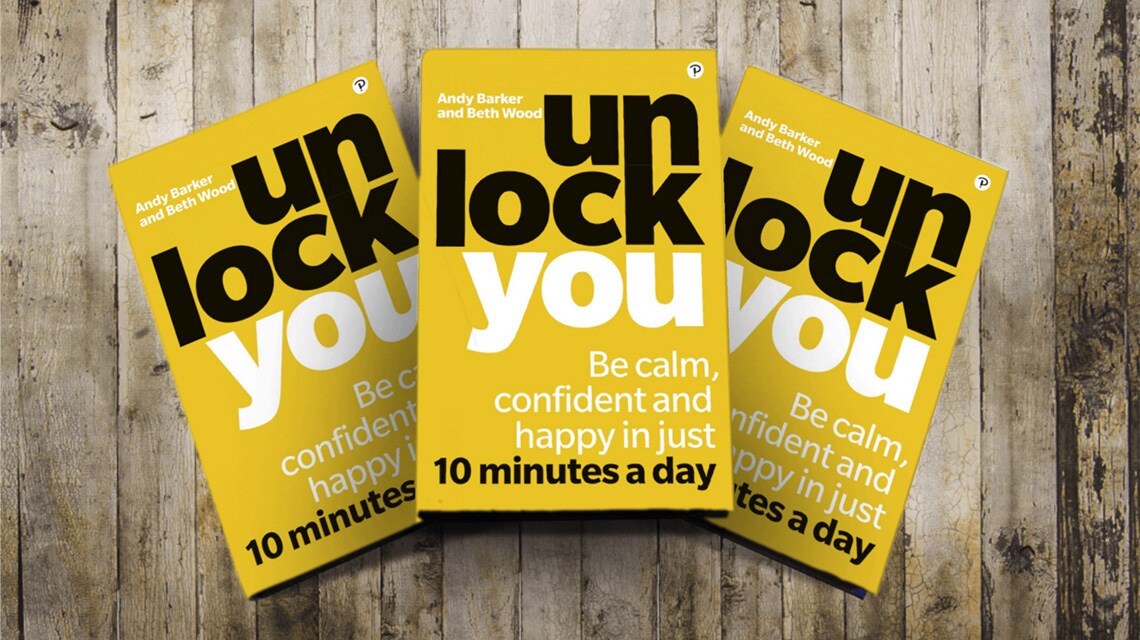5 Key Techniques for coping in a difficult situation

However resilient we are sometimes life throws things at us that make it hard to cope. The next few months will bring financial and job insecurity for many.
Having reliable tools to effectively manage stress and retain rational thought under pressure will be key to navigating the changes while maintaining positive mental health.
Let’s think for a moment about what causes us to be stressed. You may have heard of the amygdala, the part of the brain that kicks in the fight or flight response when we sense danger or feel threatened. What is less well-known is that once the fight or flight response is instigated no information goes up to the higher thinking brain. This means that in stressful situations where you need to be thinking clearly, you simply can’t. The first thing then is to be able to get yourself quickly back to a place where you can ‘think your best think’.
Mindfulness exercises are an excellent way of bringing you out of fight or flight. They are also excellent at stopping the spiral of negative thoughts, where one negative thought leads to the next, which leads to the next until you’re lost in the rabbit-hole. By the time you look up you have lost ten minutes and are feeling dreadful.
"A truly insightful book. If this doesn't help you achieve your potential nothing will."
— David Gold, Chair of West Ham United and Gold Group International
NOW – Notice, Observe and Wonder
A very quick mindfulness exercise that will bring you out a fight or flight and reduce the level of your stress hormone cortisol is NOW. It’s a mnemonic so it’s really easy to remember. N stands for Notice. Look around the room and let your eyes fall upon an object. The O stands for Observe. Observe the object that you have chosen in detail – see the colours, shape and texture. This is what will bring you into the present moment; your senses only work in the present. And then W is for Wonder. Try to bring a sense of wonder, either awe or curiosity to your observation. The brain cannot think a negative thought and feel a sense of wonder at the same time.
Clear Button
Unlike many animals, humans don’t automatically release the stress hormone cortisol after a stressful situation has ended. Instead the level stays a little raised, and then the next situation comes along and it goes up again, and so on. It’s therefore critical that you find times to press the clear button. We all take tend to take the stress of one area of our life into the next. For example, we may take a worry about work, or finding work, into our home life. Try to work out where the clear button can most effectively be pressed within the routine of your day.
Reframe Negative Thinking
Another key technique is reframing negative thinking. At the heart of this is a simple premise: ‘Our stress and disturbance does not come from the situation or event but from our response to that situation’. In other words, we can choose to respond in a different, more constructive way.
First, we need to identify what is and what is not within our control. What is within our control we can change. What is not within our control we must accept. We might not approve of it, but we must accept it. This frees up our time and energy to focus on the things we can change.
An important part of reframing negative thinking is replacing the heavy demands that we place upon ourselves. The language of demands, MUST, HAVE TO and SHOULD will not be unfamiliar to most of us. I must find another job this month. I should be able to do better.
We can replace these demands with preferences. It takes a little time and practice, but the rewards are huge. For example ‘I must get another job this month’ can be changed to ‘I would prefer to get another job this month but I accept that it may take longer in the current situation’. It doesn’t mean you’re looking at any less sites or trying any less hard to find one. It just means you will spend the hours searching and applying rather than worrying.
Train your brain to respond differently
Another key technique is to reduce the amount that we awfulise. We all tend to see things as more awful than they are. Obviously at the present time there are situations that are genuinely serious, but it is likely that we will be giving too much time and worry to those that are essentially more trivial. The exercise that we do is simply to ask, ‘how awful is it really on a scale of 1 to 10?’ For example, not succeeding in a job interview may seem like the end of the world but relative to some of the tragic events of this pandemic, on a scale of 1 to 10 it may be a three. To establish a resilient and positive mindset you can train your brain to respond differently to the same situation. Write down a problem that you’re facing and then next to it write the numbers 1 to 10. Now give 10 different responses to the problem where level one is that it’s almost fine and level 10 is that it’s the end of the world. It is partly about bringing the high numbers down. At Mind Fitness we always say, ‘don’t sweat the small stuff’. But it’s also about training your brain to respond differently. Once trained you will always be in control of the way that you respond to any situation.
Look for positives
In difficult times looking for the positives may be hard; it may even seem irrelevant. But it is also when they are most needed. Rather than allowing a negative mindset to make a bad situation worse try to notice what you do have instead of what you don’t. Gratitude is a powerful motivator. By using these techniques, we can get ourselves to a place where we will be thinking rationally. We can free our mind to consider other options, face up to the problems and perhaps even see opportunities that we didn’t know were there.
Beth Wood & Andy Barker are authors of Unlock You.
Beth Wood and Andy Barker are both Directors at Mind Fitness. Developing training in communication skills, voice and public speaking, team working and most recently Mindfulness and Inclusion in the Workplace. Andy is a certified Cognitive Behavioural Coach and trainer with a diverse work experience that encompasses the arts and corporate leadership. He speaks regularly at international conferences for a range of clients, and is currently designing an online Training Academy for Contact Centre World.

This content has been created by authors in their personal capacity. Any views, thoughts and opinions expressed belong solely to the authors and do not necessarily reflect the official policy or position of Pearson.